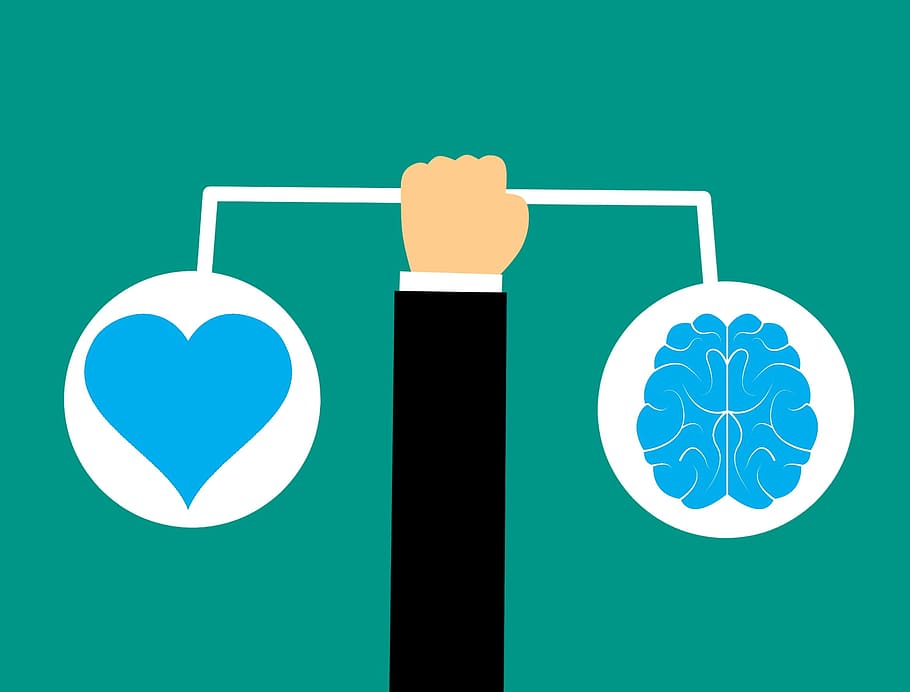
FAQ About Basics of Emotional Intelligence
Basics of Emotional Intelligence
2 years ago | gizem
How does emotional intelligence affect relationships?
- Empathy and Understanding: EI allows individuals to empathize with others and understand their emotions, perspectives, and needs. This empathy helps in building trust, fostering deeper connections, and creating a supportive and nurturing environment in relationships.
- Effective Communication: High EI enhances communication skills, including active listening, nonverbal cues interpretation, and the ability to express oneself clearly and assertively. Effective communication strengthens relationships by promoting understanding, resolving conflicts, and expressing emotions constructively.
- Conflict Resolution: EI plays a crucial role in managing conflicts within relationships. Individuals with high EI can regulate their emotions during conflicts, approach disagreements with empathy, and find win-win solutions. They can also effectively communicate their needs and emotions, facilitating compromise and resolution.
- Emotional Support: People with high EI are better equipped to provide emotional support to their partners, friends, or family members. They can recognize when their loved ones are in distress, offer comfort and understanding, and provide a safe space for emotional expression.
- Relationship Management: EI contributes to healthy relationship management by fostering adaptability, flexibility, and compromise. Individuals with high EI can navigate the ups and downs of relationships, accommodate different perspectives, and make necessary adjustments to maintain harmony and growth.
- Trust and Intimacy: Emotional intelligence helps build trust and intimacy in relationships. When individuals are attuned to their own emotions and capable of understanding and responding to their partners' emotions, it strengthens the bond of trust and intimacy.
- Emotional Regulation: EI enables individuals to manage their own emotions effectively, reducing the likelihood of emotional outbursts or unhealthy emotional patterns that can strain relationships. Emotional regulation promotes emotional stability, which is essential for maintaining healthy and balanced relationships.
- Resilience and Support during Challenges: High EI facilitates resilience in relationships, allowing individuals to navigate challenges and setbacks together. Emotional intelligence helps partners provide mutual support, understand each other's emotional reactions, and work through difficult times with empathy and understanding.
